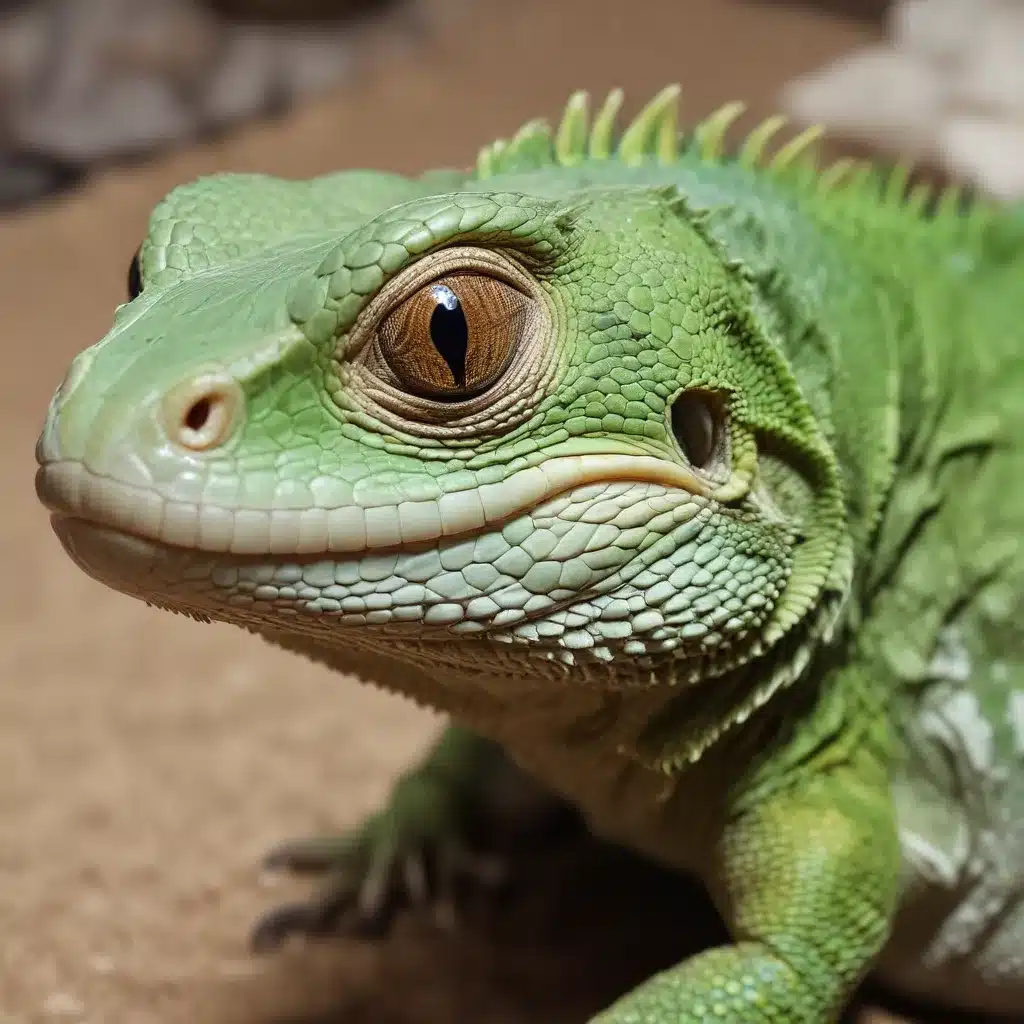
Caring for Exotic Reptiles: Challenges and Considerations
Owning an exotic reptile as a pet can be a rewarding experience, but it also comes with unique challenges and responsibilities. Reptiles have specialized care requirements that go beyond the needs of more common domestic pets like dogs and cats. Proper housing, nutrition, and veterinary care are essential to maintaining the health and well-being of these fascinating creatures.
Unfortunately, many reptile owners find themselves unable or unwilling to provide the level of care their pets require. This can result in neglected, sick, or abandoned reptiles that need intervention and rehoming. As reptile enthusiasts, it’s our duty to ensure these animals receive the care and support they deserve.
In this comprehensive guide, we’ll explore the ins and outs of exotic reptile rehabilitation and rehoming. We’ll cover best practices for reptile husbandry, breeding techniques, and the legal considerations around the sale of rare species. By arming ourselves with this knowledge, we can become empowered advocates for these unique and often misunderstood pets.
Reptile Rehabilitation: Nursing Sick and Injured Animals Back to Health
When a neglected or abandoned reptile is brought to our attention, the first step is to assess its condition and provide immediate medical care. Reptiles can suffer from a wide range of health issues, from respiratory infections and parasitic infestations to metabolic disorders and traumatic injuries.
As mentioned in the source, signs of illness in reptiles can include lack of appetite, cloudy eyes, and other visible symptoms. It’s crucial to work closely with a qualified reptile veterinarian to diagnose and treat any underlying conditions.
The rehabilitation process often involves a multi-faceted approach, including:
- Providing appropriate housing, heating, and lighting to support the reptile’s physiological needs
- Implementing a specialized diet and supplementation plan to address nutritional deficiencies
- Administering prescribed medications, such as antibiotics or anti-parasitic treatments
- Monitoring the reptile’s progress closely and making adjustments to the care regimen as needed
Patience and diligence are key during the rehabilitation phase, as some reptiles may take weeks or even months to fully recover. It’s essential to create a comfortable, stress-free environment that mimics the reptile’s natural habitat as closely as possible.
Reptile Breeding: Responsible Techniques for Conserving Rare Species
In addition to rescuing and rehabilitating abandoned reptiles, another important facet of exotic pet care is responsible breeding. Many rare and endangered reptile species are in high demand, and ethical breeders play a crucial role in conservation efforts.
Successful reptile breeding requires a deep understanding of the species’ natural history, reproductive behaviors, and environmental requirements. Factors like temperature, humidity, and photoperiod can all significantly impact a reptile’s willingness and ability to breed.
One of the primary challenges in reptile breeding is ensuring the genetic diversity of captive populations. Inbreeding can lead to a host of health problems and decreased fitness in offspring. Responsible breeders carefully monitor their breeding stock and introduce new bloodlines to maintain genetic vigor.
Another important consideration is the legal status of the species being bred. Some rare reptiles may be protected by international or regional regulations, such as the Convention on International Trade in Endangered Species of Wild Fauna and Flora (CITES). Breeders must familiarize themselves with the relevant laws and obtain the necessary permits or licenses before engaging in the sale or trade of these animals.
By embracing best practices in reptile breeding, we can not only ensure the well-being of the animals but also contribute to the conservation of vulnerable species. This requires a deep commitment to animal welfare, a willingness to stay up-to-date with the latest research, and a respect for the legal frameworks governing the exotic pet trade.
Legal Considerations for Selling Exotic Reptiles
The sale and ownership of exotic reptiles are subject to a complex web of laws and regulations, which can vary significantly by region. Navigating this legal landscape is crucial for anyone involved in the reptile trade, whether as a breeder, retailer, or individual seller.
At the most basic level, reptile owners must comply with local and state/provincial laws regarding the possession and transport of these animals. Many jurisdictions have specific requirements for the enclosures, documentation, and licensing of exotic pets. Failure to adhere to these regulations can result in hefty fines or even criminal charges.
For rare or endangered reptile species, the legal considerations become even more stringent. International agreements like CITES impose strict controls on the import, export, and trade of these animals. Breeders and sellers must ensure they have the appropriate permits and paperwork to legally engage in the sale of protected reptile species.
Beyond the legalities, there are also important ethical considerations when it comes to the reptile trade. Responsible sellers should prioritize the welfare of the animals, avoid participating in the exploitation of wild-caught specimens, and ensure that buyers are equipped to provide the necessary care and housing for their new pets.
By staying informed about the relevant laws and regulations, and by upholding the highest standards of animal welfare, we can work to promote a thriving and sustainable exotic reptile industry. This not only protects the animals but also builds trust and credibility within the reptile community.
Conclusion: Embracing the Responsibility of Exotic Reptile Ownership
Owning an exotic reptile is a privilege that comes with significant responsibilities. From providing appropriate housing and nutrition to navigating the legal complexities of the trade, there are numerous challenges that reptile enthusiasts must be prepared to face.
However, by embracing these responsibilities and prioritizing the well-being of the animals, we can make a meaningful difference in the lives of these fascinating creatures. Whether through rescue and rehabilitation, responsible breeding, or ethical sales, each of us has the power to contribute to the conservation and care of exotic reptiles.
As we continue to explore the diverse and captivating world of reptiles, let us remain steadfast in our commitment to their welfare. By staying informed, advocating for best practices, and fostering a culture of responsible ownership, we can ensure that these remarkable animals thrive for generations to come.


